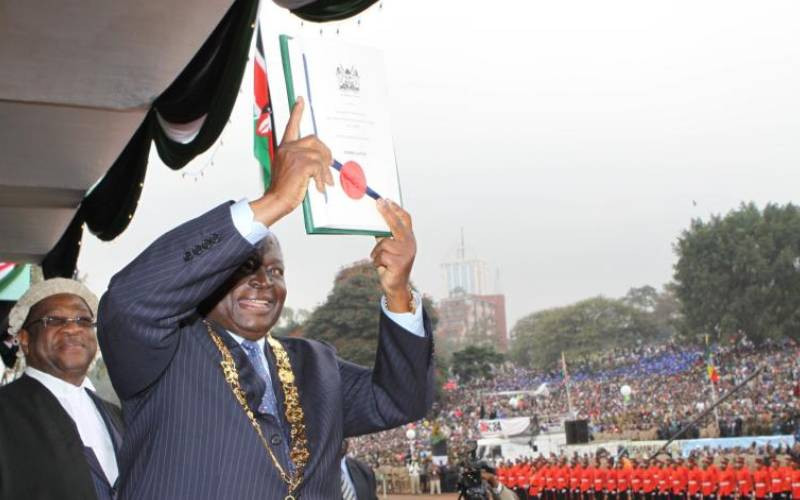×
The Standard e-Paper
Join Thousands Daily

The Constitution is the result of negotiation and compromise. Kenyans, primarily professionals and politicians, negotiated the 2010 Constitution, which was adopted by 68 per cent of Kenyans.
Various entities and individuals have termed it a progressive, most notably because of its bold steps on human rights and mechanisms to achieve them through a bold judicial system.